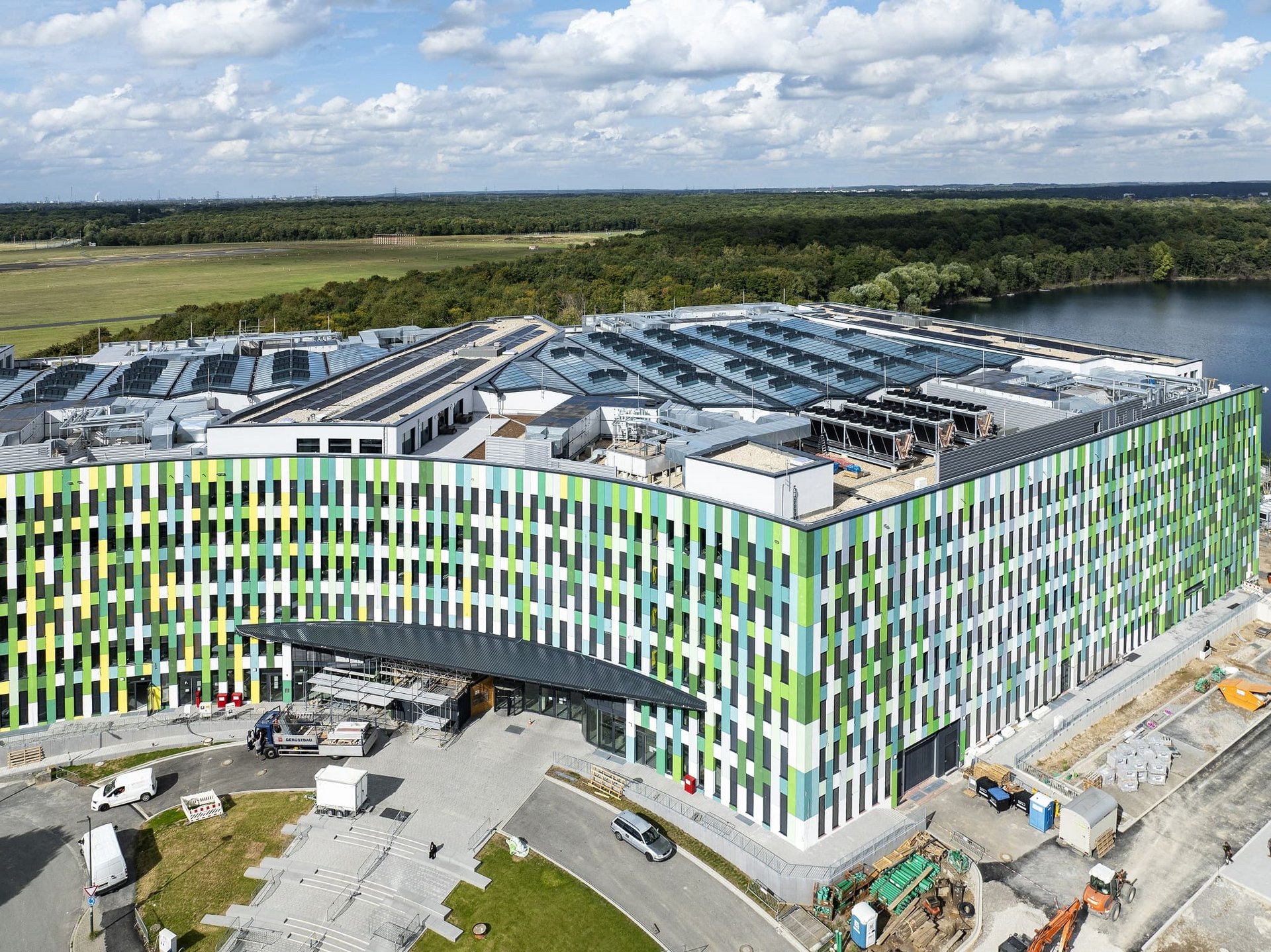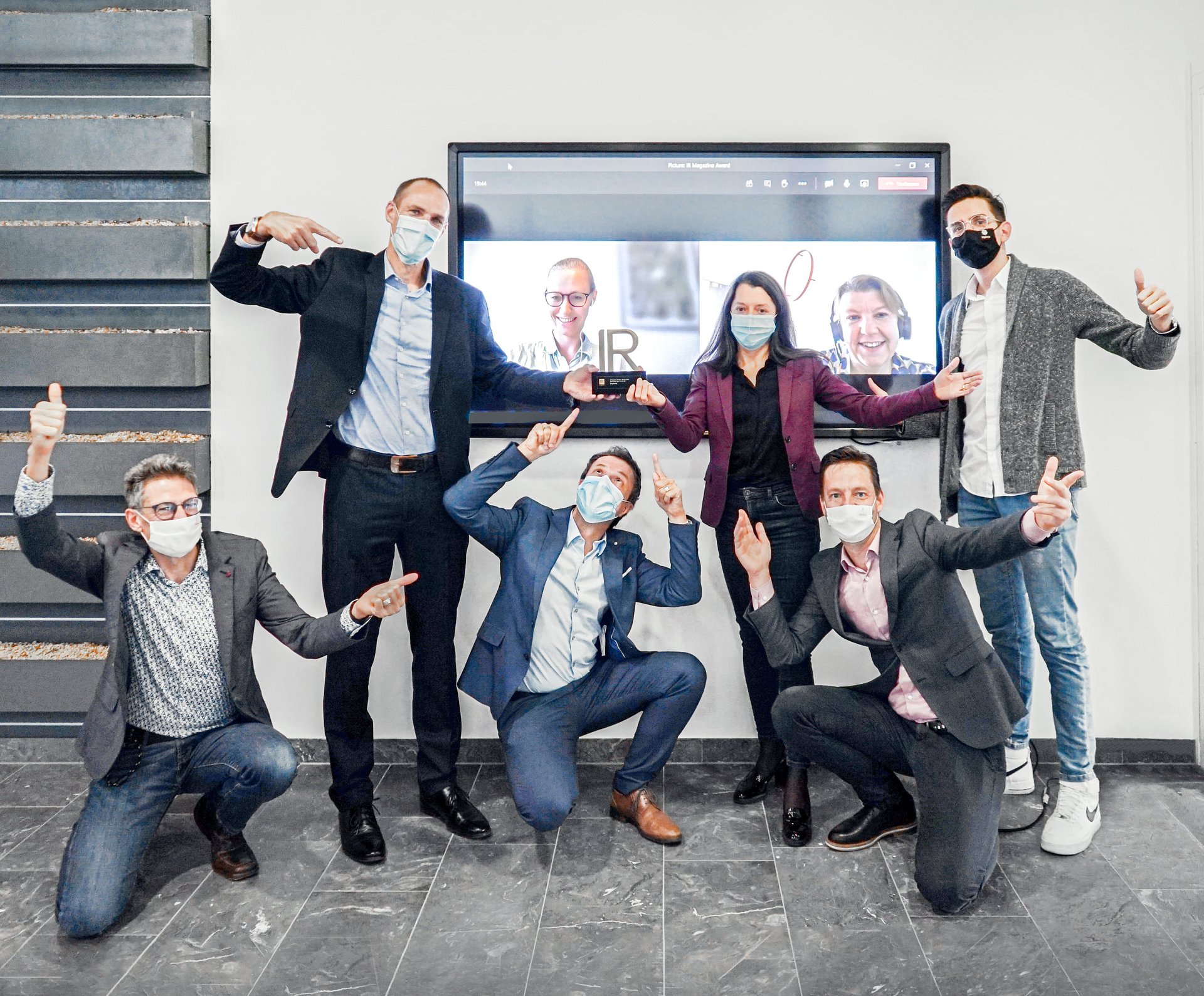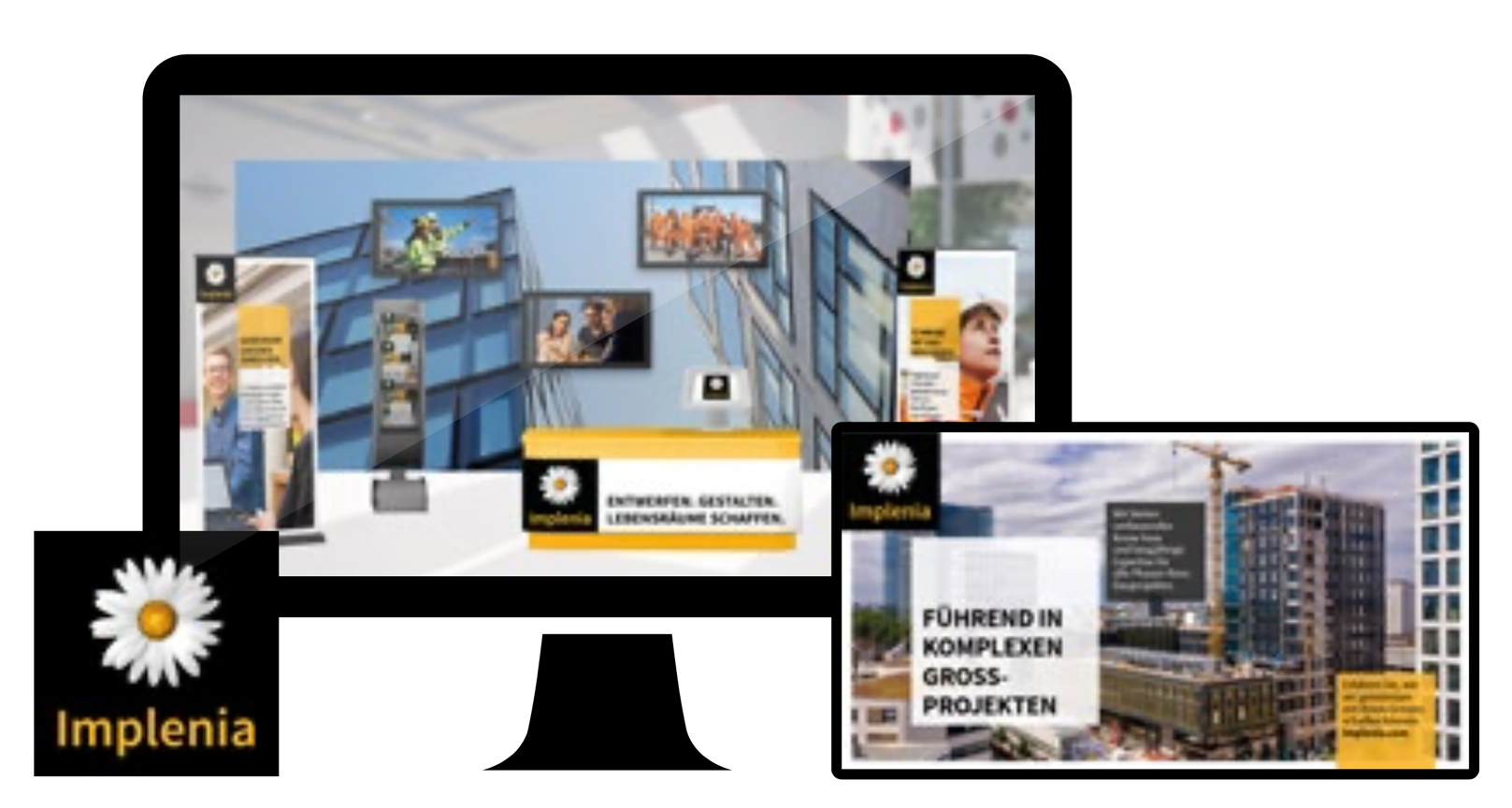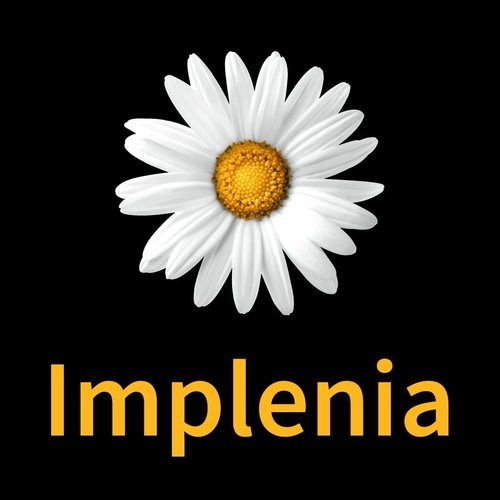
Global functions
Efficiency and support for collective success
Our global functions have advanced many important projects and initiatives in 2020. All of them have a common goal: to provide the best possible conditions for Implenia as a whole, and our operational units in particular, to work efficiently and purposefully. So together we can present Implenia as a modern, innovative company.
Implenia’s global functions provide their services through business partners in the different divisions and countries. They report directly or indirectly to the relevant function heads. This ensures quick and easy communication with operational units and facilitates an agile approach when shaping effective overarching processes and defining Group-wide standards. The functional heads of Finance, Human Resources, Legal, Strategy, Group IT and Marketing/Communications, as well as the Project Excellence & Services competence centre (PES) all report directly to the CEO. The global Finance function incorporates Controlling, Insurance, Finance & Tax, Investor Relations and Procurement. The Compliance area is managed by Legal.
In 2020, our global functions initiated and implemented numerous different measures. We highlight these in various parts of this report, including in the View from the CEO and in the chapters on Employees and Health & Safety, as well as in the Sustainability Report which is being published in parallel with the Annual Report.
Global functions
- Finance
- Human Resources
- Legal
- Project Excellence & Services
- Strategy
- Group IT
- Marketing/Communications
Improve processes, push ahead with digitalization
The Value Assurance process, originally introduced by the “Project Excellence & Services” (PES) global function in 2019, was systematically established for projects of all sizes and all degrees of complexity during the year under review. Applied even before tenders are prepared, this process enables consistent, thorough evaluation of our projects, and of the opportunities and possible risks they present. 2020 brought other developments too: artificial intelligence (AI) tools were deployed for the first time to help with decision making, while PES intensified the use of Building Information Modeling (BIM) in project tenders. In Germany, BIM is now used for nearly all building construction tenders: estimates are based on models that result in the automatic production of bills of quantities. We are now focusing on the execution phase, i.e. on greater use of BIM on construction sites, where modelling makes it easier to understand the desired end-product and leads to more effective processes. The Varberg project in Sweden is an excellent example of this (Link to project video). Our main priority in 2021 will be the continued expansion of model-based working into each individual project phase (design, tender, execution, facility management). This will require us to focus on training our employees, coordinating different BIM activities across the divisions to ensure synergies are maximised, and establishing standards for our BIM applications.
Lean Construction is an important strategic component of our projects; it is being used in an ever increasing number of them to make the work simpler and more efficient. Implenia decided to start a group-wide Lean Ambassador programme in 2020: key employees who are well versed in Lean were selected to spread the word to projects across the whole group, develop the Lean approach and lead a cross-divisional Lean Construction community. In 2020 the PES global function also rolled out the Implenia Management System (IMS) as a central process database and “single source of truth” for all divisions and functions. This is linked to a “Process Owner” organisation, which ensures that responsibilities are clear and transparent. We are implementing a new process map and continuing to develop the IMS in consultation with these “Process Owners”.
Cross-disciplinary cooperation for greater profitability
Implenia introduced a Procurement Excellence Programme in 2019, designed to increase the company’s profitability sustainably over the long term. Supplier relationships are one of the main focuses of this programme; these were strengthened and developed in 2019 and 2020 at a series of special “Supplier Summits”. A second component of the programme is the “Value Creation Plan”, which involves the consolidation of preferred suppliers, development of new suppliers, and measures to improve Group-wide cooperation between Procurement and the operational units. In 2020, a variety of steps were taken to improve profitability through cross-divisional and cross-border team work. Strategic development of the Procurement organisation was also started in 2020 and the plans will be implemented in 2021. “Reporting Excellence” was another initiative started during the year under review. This involved the definition and the technical preparations for a digital management reporting solution, including the establishment of standardised metrics and a cross-platform “self-service” reporting system. The solution has been in use for monthly management reports since the beginning of 2021.
In Germany, the outsourcing of invoicing and dunning work was also started successfully in 2020. Switzerland ran a test phase in parallel, and started implementing its own outsourcing of these tasks at the beginning of 2021.

Excellent team work
The team from Finance, HR and Marketing/Communications celebrate winning the IR Magazine Award for our 2019 Annual Report.
Digital infrastructure and brand experience strengthened
In 2020, Group IT rolled out the Digital Workspace (DWS) with Microsoft Office 365 / Teams to all our employees. This proved particularly helpful when it came to the transition from working in offices to working at home in the wake of the coronavirus pandemic. The new infrastructure ensured this transition was smooth and rapid, with no major outages or bottlenecks. Many of the applications are already running in Microsoft’s Azure Cloud.
The ERP transformation programme “INSPIRE” spent 2020 harmonising and standardising processes for the whole company, building a global template based on SAP S/4HANA and RIB iTWO 4.0, and localising services in Switzerland. Everything was in place, therefore, for the phased roll-out, which started in Switzerland in January 2021. The digitalization of personnel processes was significantly improved by the initial part-implementation of SAP SuccessFactors. Further implementations and roll-outs will follow over the next two years. IT security was also improved massively in 2020 by the implementation of best-practice solutions.
A brand is more than a logo. With this principle in mind we launched the “New Brand Experience” project in 2020 to drive forward our vision, mission and strategy with a further development of the brand experience. We want to present a contemporary, approachable face wherever Implenia engages with its customers, employees and other target groups. Whether in text, image or film, our messages across all marketing and communication tools should support Implenia’s strategy as effectively as possible. To ensure this is so, we analysed our image and the response of customers and other target groups to it, and then optimised it wherever there was potential to do so. The revised branding has already been adopted for this Annual Report. Over the course of 2021 the new brand experience will be gradually implemented at every touchpoint.
We fundamentally rethought Implenia’s financial communications in 2019 and implemented our new approach for the first time with last year’s “online-first” Annual Report, which had completely new content and design. These bold steps bore fruit in 2020: the Annual Report was awarded the international IR Magazine Award for “Best Annual Report (Small Cap)”.

Expanded brand experience
We developed and modernised our brand in 2020. This Annual Report provides a good example of the new brand experience.

